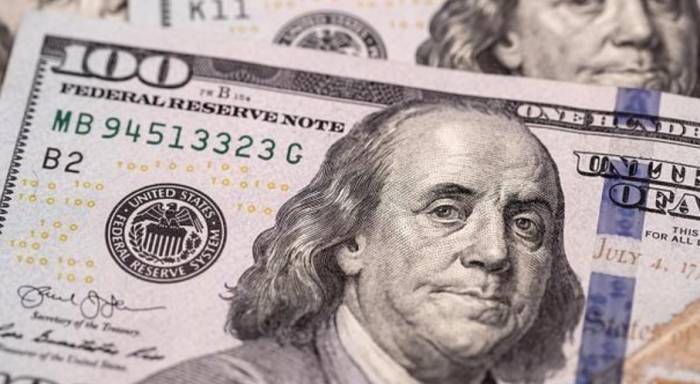Market Bailout Fails: Stocks, Currency Plunge, but Home Prices Double
After Sri Lanka, it seems that the United States has not been able to successfully harvest other countries.
But now, a European country has experienced a significant stock market crash and a substantial devaluation of its currency. Despite the central bank's continuous money printing, funds continue to flee the country.
The United States is no longer limited to harvesting Asian or Latin American countries; even European nations are not immune to disaster.
01. Currency Devaluation
This week, the Turkish lira has once again hit a new low against the US dollar, with the current exchange rate plummeting to an all-time low of 0.0526.
After a 44% decline in 2021, Turkey's currency has fallen another 29.3% in 2022.
Although the Turkish central bank has been continuously increasing the money supply, funds are flowing out of the country due to the persistent devaluation of the lira. All funds are eager to sell the Turkish lira and buy US dollars, not only for risk aversion but also as the safest way to profit.
The US dollar has raised its blade against Turkey, mercilessly harvesting this European country.
At the same time, Turkey's stock market has triggered circuit breakers multiple times this year. On January 11th, it fell by 5%, triggering the circuit breaker mechanism. On January 5th, it even triggered a second circuit breaker, with a drop of 7%.
Advertisement
The stock market is plummeting, and the currency is plummeting; Turkey's stocks and currency are suffering a double blow.02, High Inflation
Yesterday, the Central Bank of Turkey determined that the current interest rate remains at 9%, with no further reductions.
However, before November last year, the country's central bank had already lowered the benchmark interest rate by a cumulative 500 basis points.
Some European media previously reported that the commercial lending costs of the Central Bank of Turkey have been continuously falling under the bank's ultra-loose monetary policy and related regulations, even lower than the deposit interest rates.
But strangely, Turkey is now one of the countries with the highest inflation globally.
The Turkish Consumer Price Index for residents increased by 84.39% year-on-year in November, and the year-on-year growth in December also reached 64.27%.
Do not see the year-on-year growth, and think that inflation is under control just because the data has decreased; in reality, it is merely because the inflation base in December 2021 was high, leading to a slight decline in the inflation growth rate in December 2022.
In general, Turkey has adopted a large-scale interest rate reduction method contrary to mainstream economics to deal with inflation.
As the world's major economies continue to raise interest rates, it seems ineffective in suppressing inflation, so Turkish officials firmly believe that going against the trend, only by providing the market with enough low-interest funds, can inflation be alleviated.
It is clear that the Central Bank of Turkey's approach is costing the entire Turkish economy.03, Massive Money Printing
Under the influence of the Turkish central bank's aggressive money printing, Turkish housing prices saw a significant increase in 2022.
Currency devaluation has led to a continuous increase in the cost of construction materials imported by Turkey, which in turn has driven up housing prices. At the same time, the泛滥 liquidity in the market has also led to a large amount of funds being invested in real estate to combat inflation. Housing prices in Istanbul have continued to rise, with some properties even doubling in value within just a quarter.

However, economists generally believe that the current rise in housing prices is only temporary, similar to the previous rise in the Turkish stock market, and that a sharp decline is expected in the future.
From a macroeconomic perspective, the future has already been confirmed in the present.
Turkey's foreign trade has entered an abyss, with the trade deficit constantly being刷新. In November, Turkey's import volume reached $30.7 billion. With imports exceeding exports, the deficit continues to expand.
The current external debt stands at $444.3 billion. Under the continuous interest rate hikes by the Federal Reserve and the continuous devaluation of the Turkish lira, the cost of future debt repayment is becoming increasingly higher. Turkey's foreign exchange reserves will also face a "deficit."
In the past, Turkey's per capita GDP was $9,527, but under the United States' tight monetary policy, Turkey's per capita GDP is now only $8,080.
If the lira cannot maintain stability, Turkey's per capita GDP will soon fall below $8,000.
It seems that this country is hard to avoid being harvested by the dollar once again.